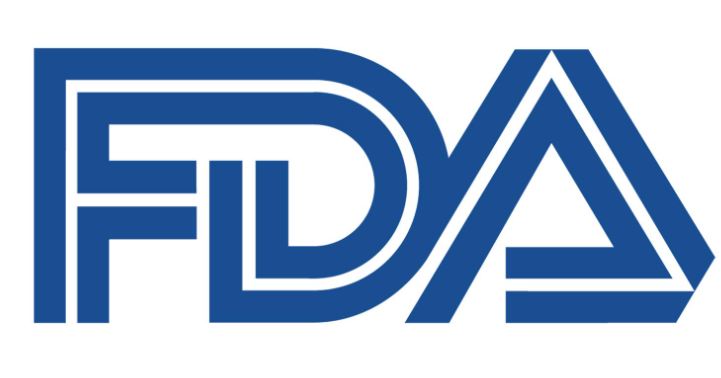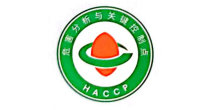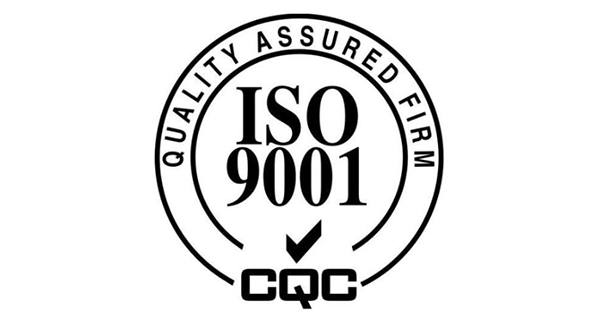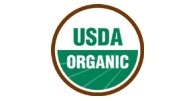Product Introduction
Lycopene, a kind of carotene found in plant foods, is also a red pigment. Dark red needle shape crystallization, soluble in chloroform, benzene and oil and insoluble in water. It is unstable to light and oxygen and turns brown in iron. Formula C40H56, with a relative molecular mass of 536.85. There are 11 conjugated double bonds and 2 nonconjugated double bonds, which are formed as a straight-chain hydrocarbon. It has no physiological activity of vitamin A, but it has a strong antioxidant function. The ripe red plants are high in fruit, especially in tomatoes, carrots, watermelon, papaya and guava. It can be used as a pigment in food processing, and it is also commonly used as a raw material for antioxidant health food.
Lycopene (lycopene) is widely found in tomato, tomato products, watermelon, grapefruit and other fruits, is the main pigment in mature tomato, is also one of the common carotenoids. In 1989, MASCIO found that lycopene had the highest quenching activity against singlet oxygen among all carotenoids. Subsequently, the functional study of lycopene has become a hot topic, including the absorption and metabolism of lycopene, the reduction of the risk of prostate cancer and other tumors and cardiovascular diseases, as well as the extraction and measurement of lycopene. At present, lycopene has not only been widely used as a natural pigment, but also increasingly used in functional foods, medicines and cosmetics.

Product Function
1)Enhance the body's oxidative stress ability and anti-inflammatory effect.
Oxidative damage is considered to be one of the main causes of the increased incidence of cancer and cardiovascular and cerebrovascular diseases. The in vitro antioxidant capacity of lycopene has been confirmed by many experiments. The ability of lycopene to quench singlet oxygen is more than 2 times that of the commonly used antioxidant β -carotene and 100 times that of vitamin E.
2)Protect the heart and blood vessels
Lycopene can deeply remove blood vessel garbage, regulate plasma cholesterol concentration, protect low density lipoprotein (LDL) from oxidation, but also repair the oxidized cells, promote the formation of glia, and enhance the flexibility of blood vessels.
A survey study showed that the serum lycopene concentration was negatively associated with the incidence of cerebral infarction and cerebral hemorrhage.lycopene against atherosclerosis in rabbits shows that lycopene can effectively reduce the serum total cholesterol (TC), triglyceride (TG), low-density lipoprotein cholesterol (LDL-C) levels in rabbits, which is comparable to that of fluvastatin sodium. Other studies have shown that lycopene has a protective effect on local cerebral ischemia, which mainly inhibits glial cells through antioxidant and free radical clearance, and reduces the area of cerebral perfusion damage.
3)Protect the skin
Lycopene also reduces radiation or ultraviolet (UV) damage to the skin. When UV irradiated skin, lycopene in the skin binds to the free radicals produced by UV to protect the skin tissue from damage. Compared with skin without UV, lycopene is reduced by 31% to 46%, and the content of other components is almost unchanged. Studies have shown that the usual intake of foods rich in lycopene can fight UV and avoid UV irradiation. Lycopene can also quench free radicals in epidermal cells, which has obvious fading effect on senile color spots.
4)Enhance immunity
Chlorogenic acid as a free radical scavenger and antioxidant has been proved by a large number of experiments, this biological activity of chlorogenic acid, can have a protective effect on the cardiovascular system. Chlorogenic acid Chemicalbook can protect vascular endothelial cells by scavenging free radicals and anti-lipid peroxidation, and then play a role in the prevention and treatment of atherosclerosis, thromboembolic diseases and hypertension.

Product Application
1.Health care products and exercise supplements.
2.Food and beverage.
3.Cosmetics field. According to GNPD data, there are 81 new skin care products containing lycopene and 51 new cosmetics. Typical products, such as lycopene moisturizing lotion, have whitening and anti-aging effects. Domestic products have lycopene whitening essence daub needle, with anti-oxidation, anti-allergy, whitening effect.
4.Application in meat products. As a preservative and coloring agent for meat products.

Packing & Shipping

What We Can Do?

Product Data Sheets
| Analysis | Description | Result |
| Appearance | Dark Red Powder | Dark Red Powder |
| Loss on Drying | ≤8% | 4.93% |
| Ash Content | ≤5% | 2.67% |
| Size | 100% Pass 80 mesh | Complies |
| Total Heavy Metals | ≤10 ppm | Complies |
| Pb | ≤3.0ppm | Complies |
| As | ≤1.0ppm | Complies |
| Cd | ≤1.0ppm | Complies |
| Hg | ≤0.1ppm | Complies |
| Cold water soluble | Complies | Complies |
| Assay(HPLC) | ≥5.0% | 5. 12% |
| Escherichia Coli | Negative | Negative |
| Salmonella/25g | Negative | Negative |
| Assay(Baicalin) | chlorogenic acid≥98% | 0.9837 |
| Total Plate Count | ≤1000cfu/g | Complies |
| Fungi and yeast | ≤100cfu/g | Complies |
| Enterobacteria | ≤30 MPN/100g | Complies |
| Salmonella | Negative | Negative |
| Staphylococcus aureus | Negative | Negative |










